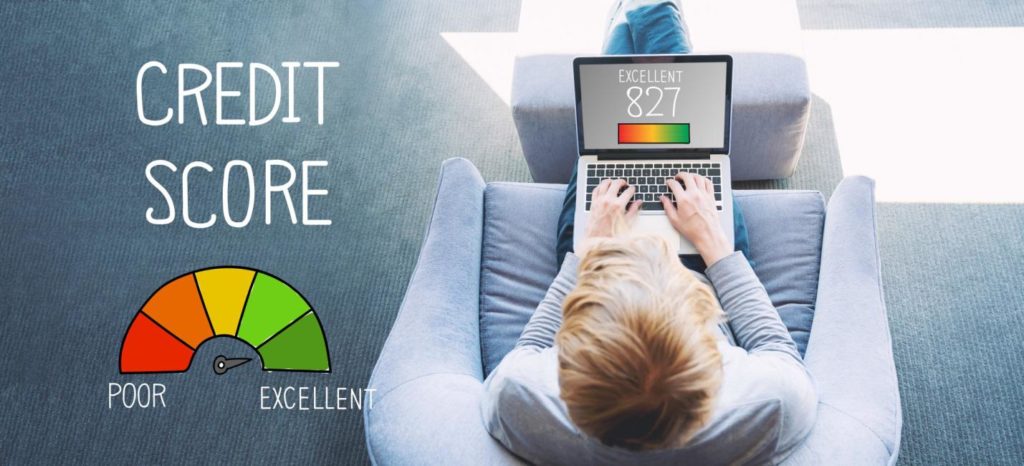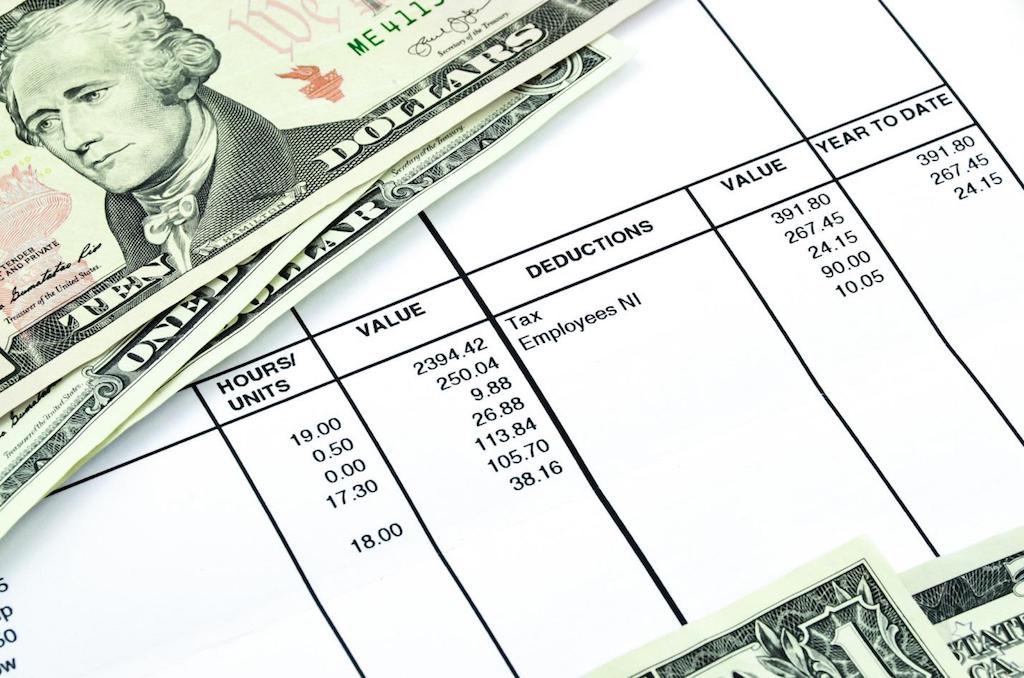
Is it your first time getting a loan?
If it’s your first loan, you have to face one major obstacle: you have no credit history to your name. Surely this can’t be worse than having bad credit, right?
Is no credit better than bad credit? Today, we will look into the difference between the two situations and how one fares over the other. Let us begin with the comparison.
1. No Credit History
Is no credit better than bad credit? Before we answer that question, let us look at the basics of the situation.
Having no credit history means that you don’t have anything on your credit report. This means you don’t have records borrowing money in the past. This stretches as far as the last seven years.
It also means you have not taken on any loans or credit cards at all.
The no credit history setup has its pros and cons, which we’ll discuss below:
Pros
By not having a credit history, you have fewer worries about your income source. You don’t have to worry about debts with interest rates. This time, you can amass wealth at a steady rate.
Also, having a tangible source of income can put an impact on your spending habits given you have to rely on cash. It helps you save up, as well as minimize your costs. You can see the pain of the purchase, letting you weigh your options before buying.
Cons
Having no credit also has its share of downsides.
Having no credit history becomes a disadvantage when you plan to buy your own house. Since the process requires a credit history check. As it also involves mortgages, cash doesn’t come as an option.
Other options also end up being beyond your reach, such as car rentals. As for other services, you may end up paying for deposits or higher insurance costs. Also, other employers look at credit history as a factor in their employee selection.
In terms of loans, a person without a credit history can try out no credit check loans. They can help when you need to borrow money for emergencies.
2. Bad Credit
Compared to the earlier setup, having bad credit means you have a low credit score. Once your credit score falls below 630 in the 300-850 FICO scale, you have a bad credit score.
There are factors that affect your credit score. Being unable to pay on time is but one example. Overspending also affects your credit score, reaching beyond 30% of your credit limit.
Notable Disadvantages
Having bad credit would bring about the disadvantages. It reduces your options in finding monetary sources.
You have higher interest rates for loans. With even lower chances of acceptance with loan applications.
The other part that also affects you is with people from Collections calling for you to settle your debts.
3. Differences and Similarities
Once you put the two situations together, it becomes apparent that both have limited options when it comes to finances and securing funding. What makes them different are in the circumstances behind them.
Bad credit comes from a drop in your credit score, caused by poor financial management and unpaid credit bills or loans.
For those with no credit history, you have the same problem. What sets the difference is that someone without a credit history can earn money faster and easier.
But when you put the similarities of both, you can see the limit of your options. It may still be possible to secure finances but it becomes taxing due to the number of obstacles available.
One other similarity that both share is in the potential to build good credit. People with bad credit can still repair their finances by paying their debt in incremental paces.
4. Building From No Credit to Good Credit
The good news with having new credit is that you can build your credit from the bottom up. You can do this by taking small loans like a car loan or a credit card loan. Paying small loans helps boost your credit score, making it possible to take out bigger loans in the future.
While you have those loans, remember to keep sending your payments on time each month. Also, whenever possible, pay the loan early.
When taking loans, make sure to be responsible for handling them. If you need a co-signer, go for it. But be wary of how you may affect them in that.
5. Rising From Bad Credit to Good Credit
What about those with bad credit? While the score you carry is at the lower end of the spectrum, take the time to build up and repair.
Compared to those with no credit history, you have a lot to fix when improving your credit score. The first part is to send in your payments in time. This affects your score in a positive manner.
Also, with your debts, make sure to pay them in full or work on paying them off. This would also help build your credit score towards better levels.
Verdict: Is No Credit Better Than Bad Credit?
Now for the verdict. Is no credit better than bad credit? The short answer is both yes and no.
After checking on both credit situations, it shows that having no credit is as bad as having a low credit score. You have limited financing options and you also have access to only a few loans.
However, this also opens opportunities to build up your credit and let it rise up into a better credit score. The advantage is that you still qualify for minor loans and credit cards with small spending limits. This gives you the avenue to improve your credit score.
Regardless of status, aim to get a good credit score.
Don’t stop here! Working on your credit requires more tips and tricks, which you can find in our other guides today!








